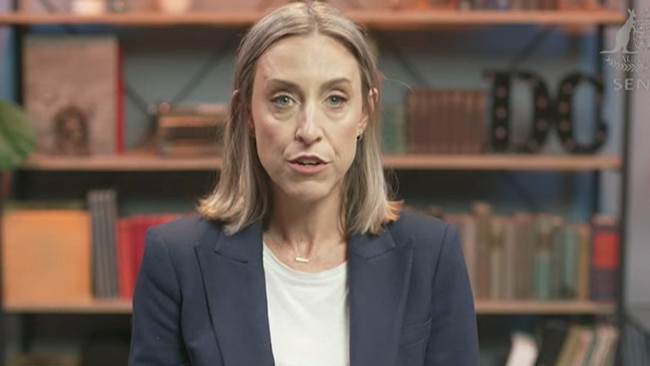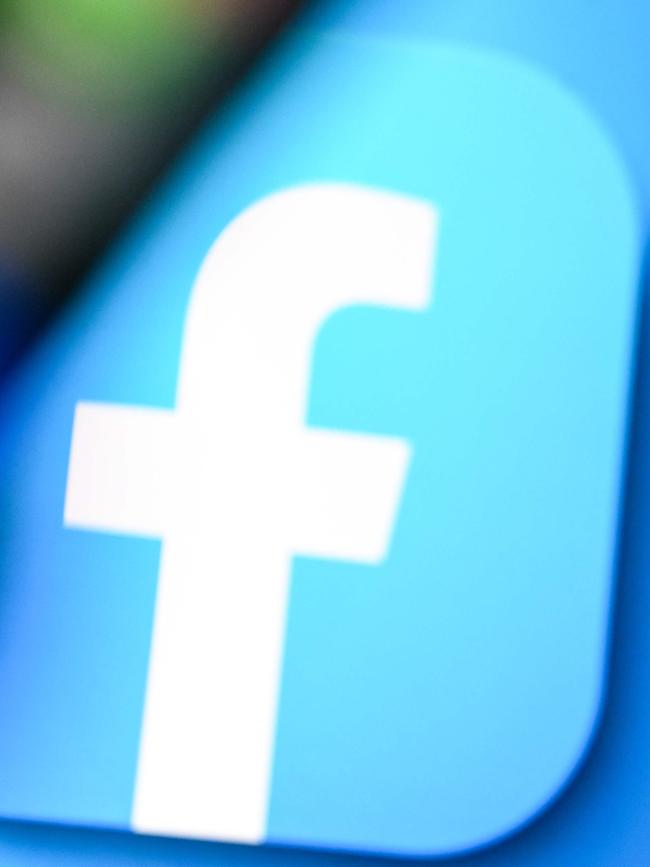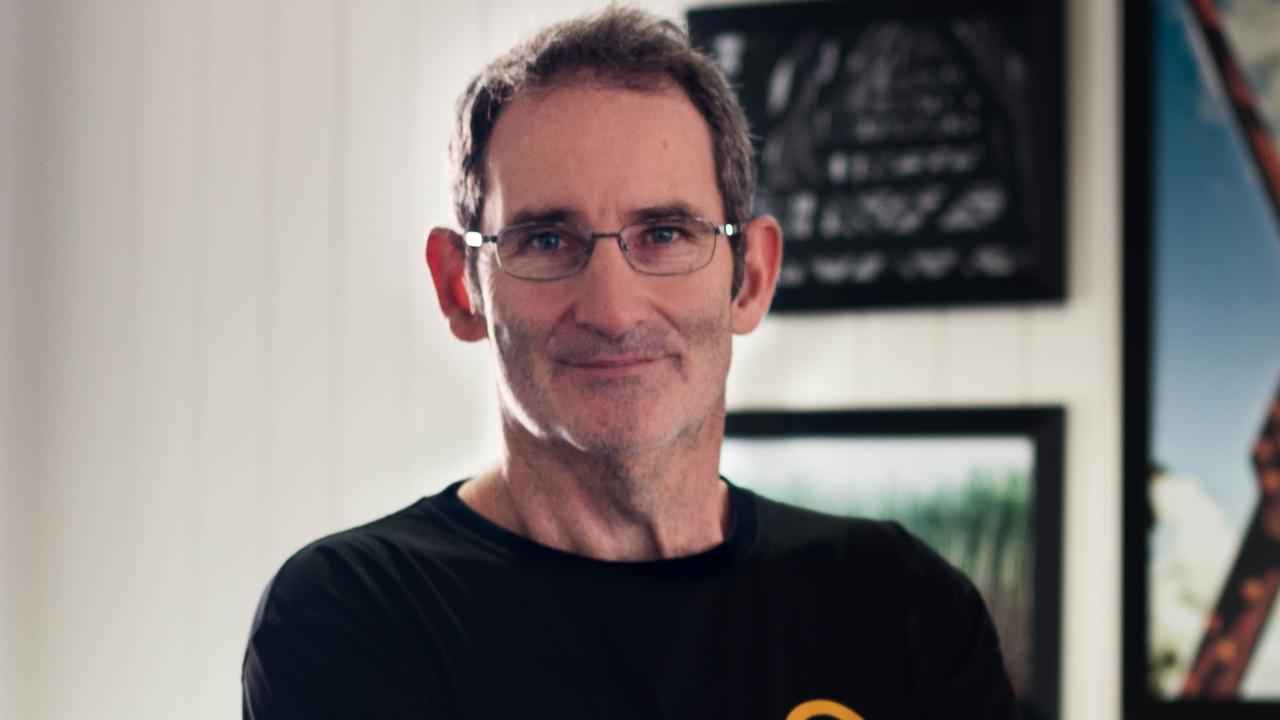Meta executives admit its AI tool scrapes Facebook and Instagram content right back to 2007
Executives at the tech giant have been grilled over the use of photos and posts on Facebook and Instagram without Australians’ consent and the bias of its AI tools towards Labor.

Business
Don't miss out on the headlines from Business. Followed categories will be added to My News.
Tech giant Meta has conceded it is using Australians’ personal posts, including photos and comments shared on Facebook and Instagram since 2007 without their consent and inputting it into the company’s artificial intelligence products.
Political bias in favour of the Australian Labor Party has also been addressed by Meta executives at the Select Committee on Adopting Artificial Intelligence hearing on Wednesday, and moves are being made to reduce favouring particular political leanings on its AI tools.
Meta’s global privacy policy director Melinda Claybaugh confirmed the company can scrape users’ data on its social media sites and there is no option available in Australia like in the European Union to allow users to opt out of sharing their information to AI products.

Greens Senator David Shoebridge asked Ms Claybaugh at the hearing: “Meta has decided you will scrape all of the photos and all of the text from every public post on Instagram or Facebook that Australians have shared since 2007 unless there was a conscious decision to set them on private. That’s actually the reality isn’t it?”
Ms Claybaugh replied: “Correct.”
“We are using publicly, widely accessible data that’s available online.”
Ms Claybaugh was also questioned on whether images of children posted on Meta’s social media sites would be used by Meta’s AI products.
“We’re not using data from accounts of under 18-year-old to train our models,” she said.
But when pressed on whether photos shared by adults of children on their own accounts could be inserted into AI, she confirmed they could.
“We’re not using photos that are posted by accounts of under 18 years old,” Ms Claybaugh said.
“We are using public photos posted by people over 18.”
Prime Minister Anthony Albanese this week confirmed his preference for increasing the minimum age of when Australians can access social media to age 16 – Meta’s existing age limit is 14.
Meta also faced questions about its generative AI systems that show political bias in favour of Labor when distributing information on its chatbot services.
Meta’s vice president of public policy, APAC, Simon Milner, said the company is always looking to improve its handling of bias after its AI chatbot, Llama, shared responses about Australian Prime Ministers favouring Labor and it was reported by The Australian in April.
“I know there was a question that was asked a few months ago and people were surprised to see that was all Labor prime ministers that came back,” he said.
“I did that query again yesterday. Completely different response.
“So the AI learns from feedback when people feel that there are issues around political bias, and we’re always looking to improve it.”

Earlier this year, Meta’s new chatbot “Meta AI” was prompted to list the top five Australian prime ministers, and it disproportionately favoured Labor leaders over Liberal, naming Gough Whitlam, Bob Hawke, Julia Gillard and Anthony Albanese as the best.
Malcolm Turnbull was the only Liberal leader listed in the top five.
Mr Milner said the more information Meta has, the better.
“It is incredibly helpful to have a lot of data from Australians in the training models,” he said.
“That enables us to have output from those models, both in terms of what we produce and what others produce, which reflects the diversity of Australian society, including the range of different political beliefs and positions from across the country.”
When Mr Milner was asked how he could improve political bias, he said it would be done as a result of “feedback.”
“When you get a response from an AI chat bot, say Meta AI which you think, ‘well that’s not right’, … you can correct it.
“It will say, ‘I’m sorry, I appreciate you correcting me on that’ and the next time there's that question it will have learned from it’.”
More Coverage
Originally published as Meta executives admit its AI tool scrapes Facebook and Instagram content right back to 2007





